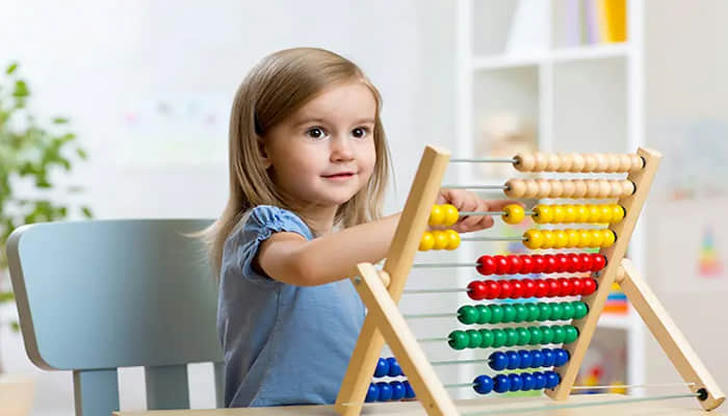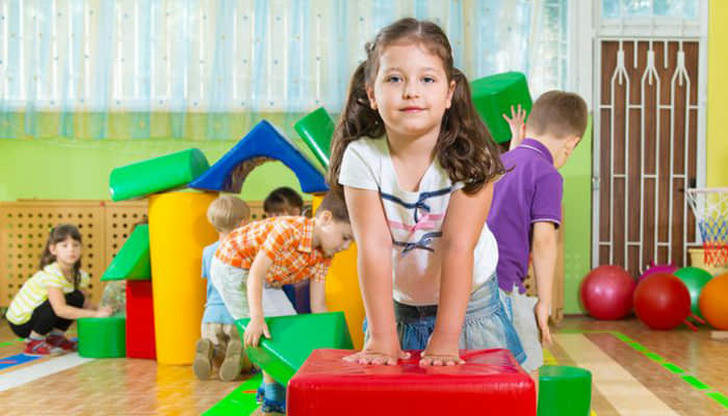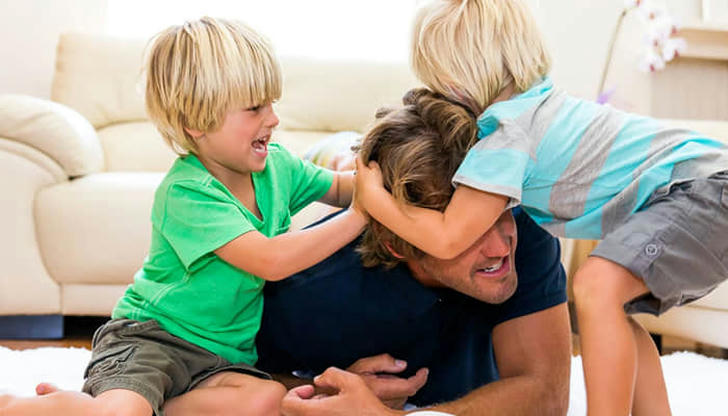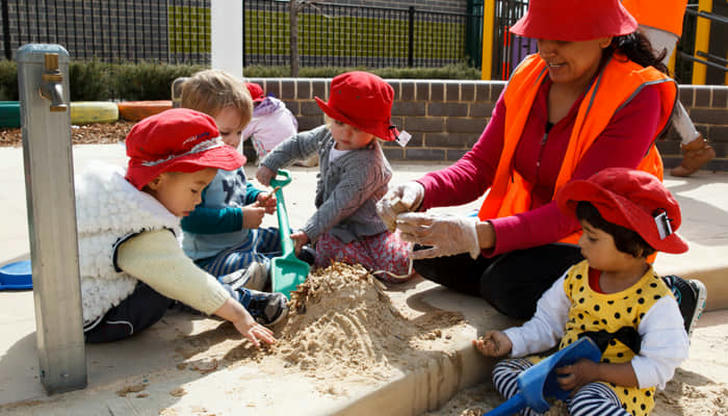Unlocking Potential: How Early Childhood Education Shapes Emotional Development

Early childhood education (ECE) isn't just about teaching your child to count to 10 or recite the alphabet—though those are definitely important milestones. At its heart, ECE lays the foundation for your child’s emotional development. Just as a seed needs soil, water, and sunlight to grow, a child’s emotional well-being depends on nurturing through thoughtful education, secure relationships, and a stimulating environment. In this article, we’ll explore how early childhood education helps shape emotional development, and how we as parents and educators can play a pivotal role in guiding our little ones on their emotional journeys.
Why Early Childhood Education Matters
When we think about childhood, we often think of playtime, cartoons, and snacks. But early childhood education is more than just fun and games. Research shows that the first few years of a child’s life are crucial for their emotional and social development. The brain is incredibly adaptable and forms important neural pathways during this time, which help children develop emotional intelligence (EQ) and coping mechanisms.
This development is not something that happens automatically. It takes intentional guidance, practice, and reinforcement from caregivers, educators, and, yes, even peers. Think of it this way: you wouldn’t hand a toddler a math textbook and expect them to be able to solve equations. Similarly, they need structured, yet flexible, support to help them understand their emotions and learn how to express them appropriately.
The Key Aspects of Emotional Development in Early Childhood
At the heart of emotional development in early childhood are three main pillars:
Self-Regulation: This refers to a child’s ability to manage their emotions and reactions in different situations. A child who can self-regulate is able to calm themselves down when they’re upset or excited, think before reacting, and manage frustration.
Empathy: Empathy is the ability to understand and share the feelings of others. Preschoolers who practice empathy are more likely to grow up to be compassionate and cooperative adults.
Self-Esteem and Confidence: Early experiences shape how children see themselves. Supportive education encourages children to take risks, try new things, and celebrate their achievements—big or small.

Real-Life Case Studies
Let’s take a look at two real-life stories to understand the importance of emotional development through early education.
Case 1: Emma, The Shy Preschooler
Emma was a shy, reserved 4-year-old when she joined a local preschool. Her parents noticed that she had a hard time making friends and would often hide behind them when she was in a new situation. While Emma was very bright and had excellent cognitive abilities, she struggled with expressing her emotions and responding to others. She didn’t know how to approach her peers or voice her discomfort when she felt overwhelmed.
The preschool teacher, noticing Emma’s difficulty, implemented a gradual approach to help her. Through one-on-one activities and group play, Emma was encouraged to express her feelings using simple words like “happy,” “sad,” and “angry.” She also took part in circle time where children were encouraged to share how they felt about different activities. Over time, Emma began to use these words to express her feelings and even started initiating play with her classmates. The consistent, positive reinforcement Emma received from her teacher helped her gain confidence and slowly overcome her shyness.
Solution for Emma: Creating an environment that encourages emotional expression through safe, structured interactions allowed Emma to build self-regulation and begin developing empathy for others. Educators who are trained in emotional coaching can play a pivotal role in helping children express their feelings appropriately, just like Emma learned.
Case 2: Noah, The Impulsive Toddler
Noah was a bright but impulsive 3-year-old who often found it difficult to control his emotions. If he wanted a toy, he grabbed it, even if someone else was playing with it. If he didn’t like a situation, he would throw a tantrum. His parents, while loving, were at a loss as to how to manage his emotional outbursts.
In preschool, Noah’s teacher used positive reinforcement and consistent routines to help him understand his emotions. She introduced activities such as “calm-down corners” and breathing exercises, where Noah could take a moment to calm down before reacting impulsively. Additionally, group activities that required turn-taking, such as sharing toys or waiting for his turn to speak, helped Noah practice patience.
Over the course of several months, Noah began to learn how to recognize when he was starting to get upset and would walk over to the calm-down corner or take deep breaths when he felt overwhelmed. His emotional self-regulation improved, and his interactions with other children became more positive.
Solution for Noah: By integrating emotional self-regulation exercises like breathing techniques and creating clear boundaries in social situations, Noah was able to better control his impulses and start understanding his emotional triggers. Consistency and patience from both the preschool and home were essential for Noah’s emotional growth.

How Early Childhood Education Helps Build Emotional Development
Early childhood education centers have a unique advantage when it comes to supporting emotional development. Unlike formal schooling, which often focuses on academic achievement, preschools and early education programs are designed to foster social and emotional growth as well.
Here are a few ways early childhood education supports emotional development:
Modeling Positive Emotions: Teachers and caregivers act as role models for children. They demonstrate healthy emotional regulation, use kind language, and express their emotions appropriately. Children observe these behaviors and begin to mirror them.
Structured Social Interactions: From playtime to group activities, preschool allows children to interact with peers in structured settings. These social interactions help children develop empathy, learn conflict resolution skills, and practice cooperation.
Providing Emotional Support: Many early childhood programs implement a “safe space” for children to express their feelings. This space is non-judgmental and encourages children to talk about their emotions, whether they’re happy, angry, sad, or frustrated.
Encouraging Independence: Emotional growth also involves learning how to solve problems on their own. In early education, children are often encouraged to solve conflicts with peers, share toys, and express their needs independently. This helps children develop confidence in their emotional abilities.

Conclusion: The Role of Early Childhood Education in Emotional Growth
Early childhood education is a powerful tool for nurturing emotional intelligence. By providing a safe, structured environment, preschool educators can support children in learning how to manage their emotions, empathize with others, and develop confidence. Emma and Noah’s cases highlight how early education can unlock emotional potential by giving children the tools they need to express themselves, understand others, and navigate the world around them.
For parents, it’s crucial to be partners in this emotional journey by reinforcing these lessons at home. Whether through encouraging open conversations, providing emotional support, or modeling healthy emotional regulation, parents and caregivers play an indispensable role in helping children develop into emotionally intelligent, resilient individuals.
Emotional growth is just as important as cognitive development, and early childhood education sets the stage for a lifetime of emotional well-being. When children learn to manage their emotions effectively, they build the foundation for healthier relationships, better academic performance, and a more positive outlook on life. After all, when a child feels understood and supported emotionally, they are more likely to thrive in every other area of life.
So, whether your child is like Emma, taking baby steps toward social confidence, or like Noah, learning how to cool down before reacting, remember that early childhood education plays a crucial role in shaping their emotional future.
